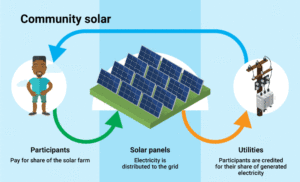Pennsylvania’s environmental protection measures have been under-resourced for decades, resulting in water systems riddled with toxic levels of lead, foul air quality and overall subpar living conditions. According to the advocacy group PennFuture, one-third of Pennsylvania’s stream miles are polluted and the state is continuously failing to meet pollution control goals in the Chesapeake Bay watershed. Many of the recommendations to counteract climate change involve funding the neglected Pennsylvania Department of Environmental Protection (DEP), but this becomes an unattainable goal when Republican leaders in Pennsylvania’s capital showcase the oil and gas industry as good environmental investments and the House Chair of the Environmental Resources and Energy Committee, Rep. Daryl Metcalfe continues to deny climate science and loosen a number of environmental regulations. During the 2018 legislative session, Rep. Metcalfe effectively killed bills that would add accountability measures to gas drillers and expand requirements for utilities to buy renewable power. And in 2021, Rep. Metcalfe is continuing to reject the evidence brought to the floor of the committee.

While the State Republicans are focused on dismissing important legislation, State Senators and Representatives including Katie Muth, Donna Bullock and Amanda Cappelletti are drafting legislation to help counteract the effects of climate change. Currently, Pennsylvania won’t allow for community solar, meaning that if you don’t live in a single-family unit, own your home, and have funds for the full project, solar is prohibited. Rep. Donna Bullock circulated a co-sponsorship memorandum for a bill to allow community solar projects from which nearby residents could buy electricity. A Penn State study found that community solar could generate 11,000 jobs and $1.8 billion in economic activity. Sen. Amanda Cappelletti, and Sen. Katie Muth circulated cosponsorship memorandums, in their chambers for a new standard of 100% renewable energy by 2050. With legislation and representatives dedicated to reversing the effects of climate change in our state legislature, Pennsylvania can become a model for climate change adaptation.